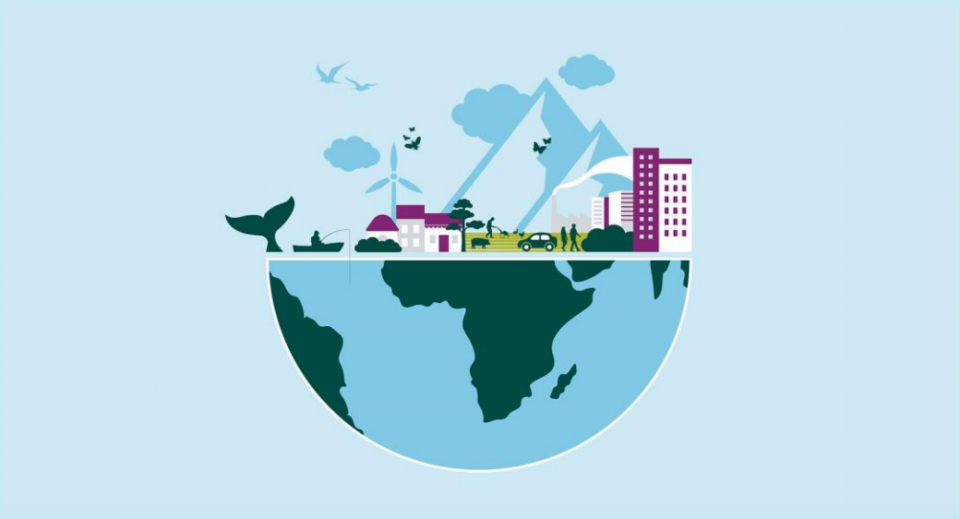The Dasgupta Review and the SEEA

Image: The relationship between the economy and the biosphere (https://assets.publishing.service.gov.uk/government/uploads/system/uploads/attachment_data/file/882222/The_Economics_of_Biodiversity_The_Dasgupta_Review_Interim_Report.pdf).
Earlier this year the Interim Report of the independent Review on the Economics of Biodiversity, led by Professor Sir Partha Dasgupta, was published. Better known as the ‘Dasgupta Review’, the Review was commissioned in 2019 by HM Treasury and is supported by an Advisory Panel including experts from public policy, science, economics, finance and business. The Review will explore the links between biodiversity and economic wealth and prosperity, and the sustainability of our economies. In addition, it will make recommendations on what we must do in order to ensure our collective wealth and well-being in the future.
The Interim Report includes a conceptual framework for thinking about the relationship between nature and our economies. In particular, the framework stresses that humanity is part of nature, rather than external to it. It therefore looks at how extracting resources and returning residuals affects the ability of the environment to provide economies with goods and services. The conceptual framework adopted is broadly aligned with the SEEA thinking. The framework includes a rough estimate of humanity’s total impact on nature and the Interim Report provides a preliminary estimate that maintaining the world’s current living standards with our current economic systems would require 1.7 Earths.
Emily McKenzie, Head of Economics, Analysis and Policy for the Dasgupta Review, explained the links between the Review and the SEEA at the recent Forum of Experts on the SEEA Experimental Ecosystem Accounting. The Review focuses on human wellbeing and takes an inclusive wealth approach. Thus, for the natural capital component of inclusive wealth, the SEEA will play an important role in providing a standardized measurement system for natural resources and ecosystems. In addition, according to McKenzie, “a very important role for the review will be thinking very closely about the need for greater investment in, demand for, and use of natural capital accounts…We hope to build awareness and recognition of their importance.”
The final report is expected to be published in the Autumn of this year.
